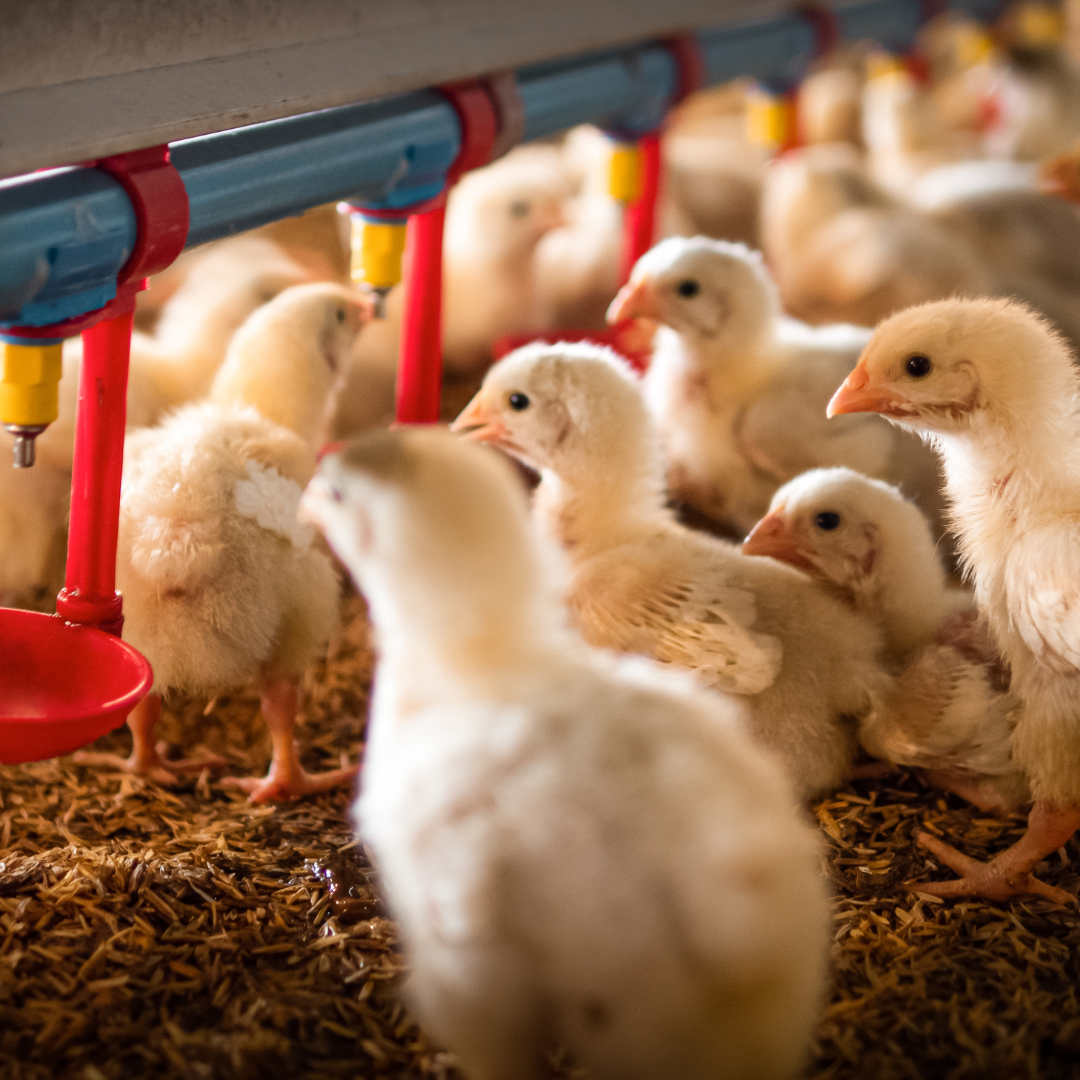The FDA’s Center for Veterinary Medicine (CVM)’s goal is to ensure the safety and efficacy of animal drugs including proper packaging and labeling, , safety of animal food additives, providing education for users of animal drugs, animal food safety, monitoring side effects, and ensure availability of drugs for minor species [1]. CVM has a central role in protecting animal health – especially for companion animals and animals we eat for food.
What CVM Regulates
Animal Drugs
CVM regulates animal drugs and their approval, including new animal drug application (NADA) or abbreviated new animal drug application (ANADA), and conditional approval (CNADA) which is only for special cases with minor species and the drug sponsor can obtain approval with minimal effectiveness data [2]. Conditional approval means the drug is approved if it is safe and reasonably effective [2]. After 5 years, drug sponsors must submit the remaining effectiveness data [2]. CVM also regulates animal drug indexing, emergency use authorization, drug classification, dispensing prescription animal drugs, and animal drug labels [2]. The label must always have the statement, “Approved by FDA under NADA/ANADA # XXX-XXX” [2].
Animal Food and Feed
CVM also regulates animal food to help keep animals healthy. CVM ensures that anything being added to animal food is safe. CVM also organizes inspections and enforces regulations. It also regulates monitoring and sampling of animal food contaminants. It also manages complaints, recalls, and emergency responses for animal feed and educates users.
Animal Medical Devices
Lastly, CVM regulates animal medical devices. An animal drug relies on a chemical process and must be metabolized by the body to be effective while a medical device does not [3]. CVM monitors quality issues and side effects of medical devices on the market [1].
What the CVM Does Not Regulate
With a name like “Center for Veterinary Medicine” people often assume anything related to veterinary medicine is regulated by CVM, but this is not true. CVM does not give veterinary advice to diagnose or treat animals [1]. It also doesn’t regulate how veterinarians practice veterinary medicine [1]. It does not regulate vaccines for animal diseases like rabies and distemper [1].
Overall, CVM regulates medicines, devices, and foods for animal health and safety, but it doesn’t regulate how vets practice medicine. CVM is an important regulatory office that helps protect pets and people that consume animal product-based food.
EMMA International is here to provide full-circle solutions for all aspects of the veterinary medicine industry. If you are struggling to submit your NADA, ANADA, or CNADA, our experienced veterinary medicine regulatory experts can help you! Give us a call at 248-987-4497 or email us at info@emmainternational.com to learn more about how EMMA International can take the stress out of your quality and regulatory compliance!
[1] FDA (2024) Center for Veterinary Medicine, Retrieved on 12 November 2024 from: https://www.fda.gov/about-fda/fda-organization/center-veterinary-medicine#regulates
[2] FDA (2024) FDA Regulation of Animal Drugs, Retrieved on 12 November 2024 from: https://www.fda.gov/animal-veterinary/resources-you/fda-regulation-animal-drugs
[3] FDA (2024) Animal Medical Devices, Retrieved on 12 November 2024 from: https://www.fda.gov/animal-veterinary/products/animal-medical-devices




